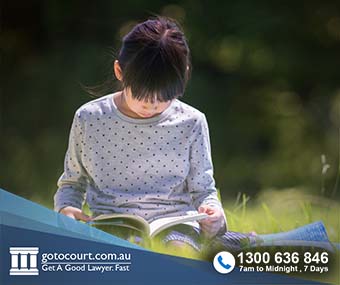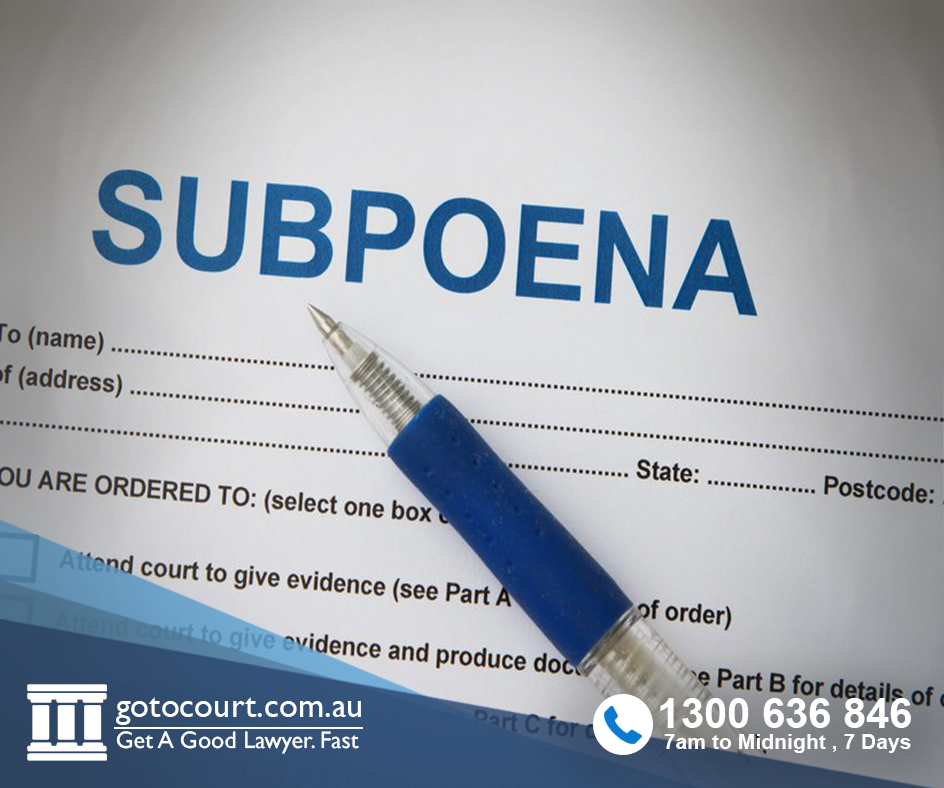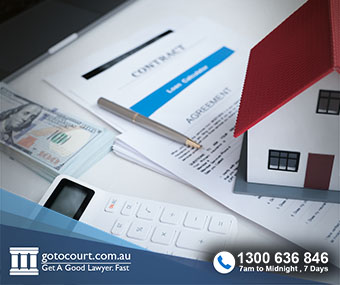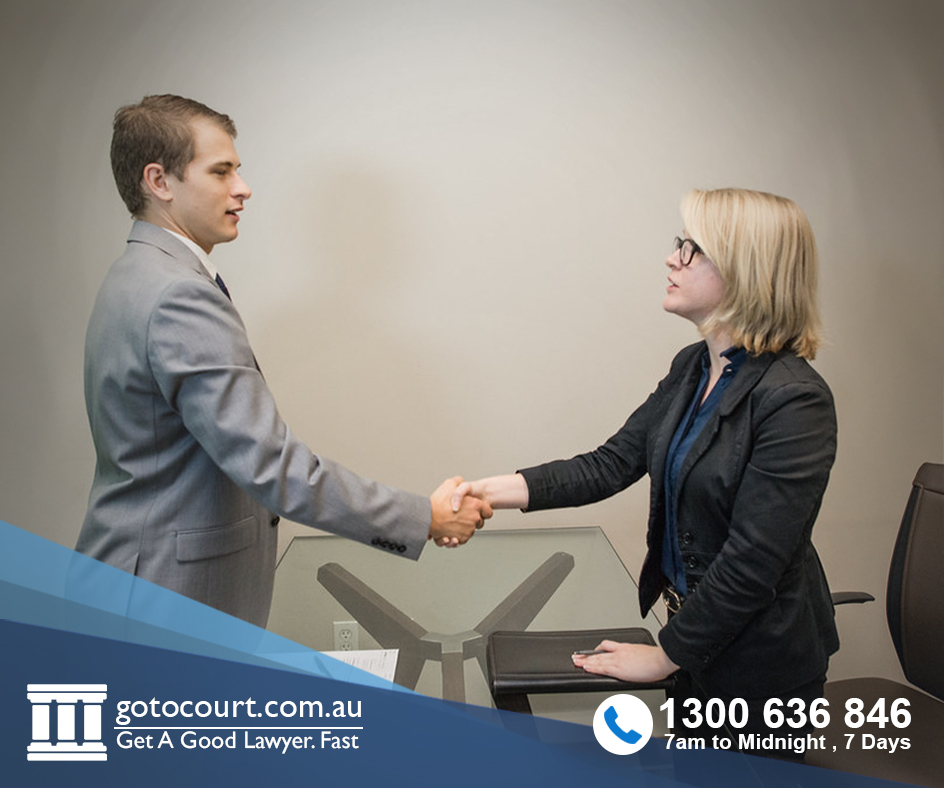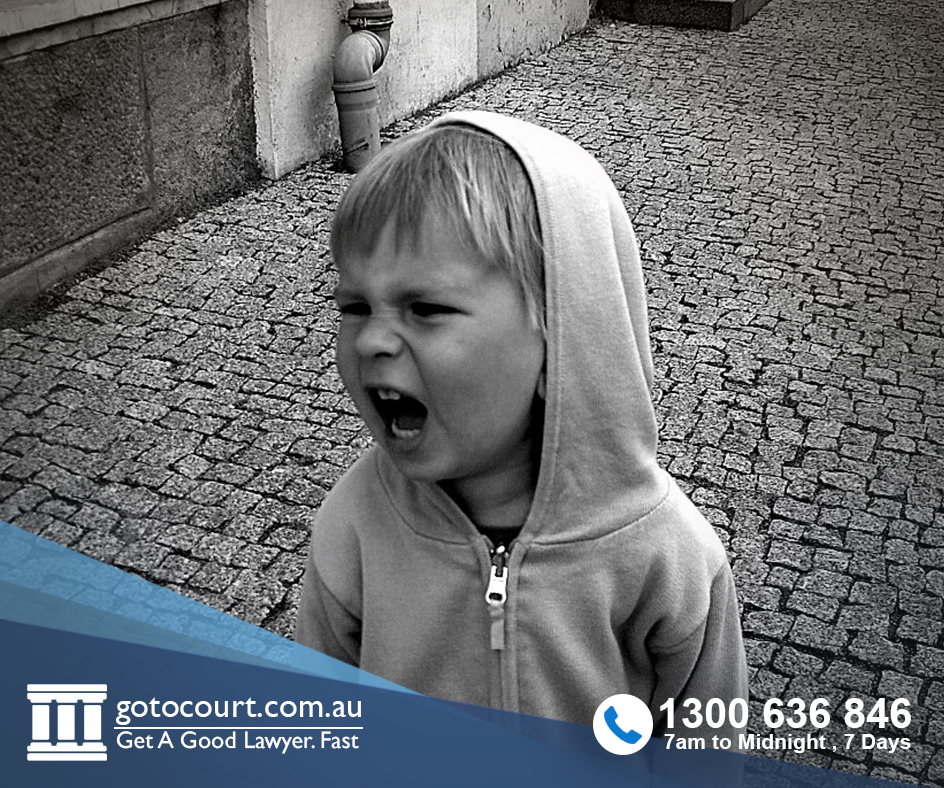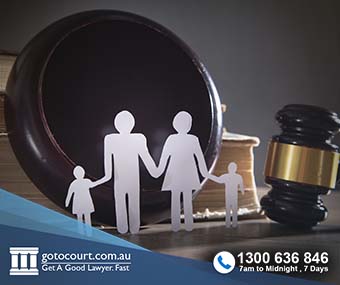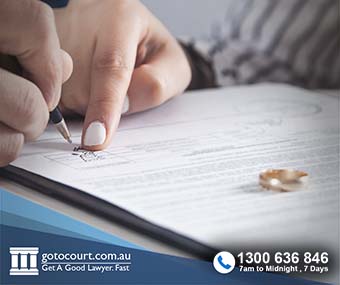Call our lawyers
now
or,
have our lawyers
call you
Valuation of Property in Family Law
Updated on Jan 03, 2023 • 6 min read • 218 views • Copy Link
Valuation of Property in Family Law
When parties seek to finalise their financial relationship following a separation, there are a number of important factors to consider and steps to take. One of these is to obtain a valuation of the property owned by the parties.
Courts dealing with family law matters have a discretion to make any orders which are just and equitable. A question the Federal Circuit and Family Court of Australia must consider when called upon to decide the distribution of matrimonial assets between parties, is whether it should exercise its discretion to do so. This may depend on whether the party have any significant property and whether the value of that property is in dispute.
What if parties disagree?
If a court decides to adjust property between parties, often the value of property can be agreed between the parties. The value of certain assets may be agreed for the purpose of negotiations, including negotiations at a mediation or dispute resolution process. If there is no agreement as to the value of property, then valuations can be obtained. To ascertain the value of any item in dispute, parties can agree to obtain a joint valuation.
Requirements for a valuation
It is important to appreciate that any valuation relied upon should be current at the time the parties are seeking to reach an agreement as to a division of assets. Orders to finalise the financial relationship between parties are based on the value of assets at the time when the orders are made. They are not based on figures which may have been accurate at the time the parties separated.
If a matter proceeds to a final hearing and there is no agreement as to the value of an asset or assets, then it will be necessary to provide the court with evidence of what an asset is worth. The person providing the valuation must be sufficiently qualified to value the asset to enable their valuation to be accepted into evidence before the court.
A single expert
This raises the question as to whether the parties should engage separate experts or valuers or alternatively, engage a single valuer to prepare a joint valuation. A valuer who prepares a valuation for the court in a form to be relied upon as the only evidence of value is known as a single expert.
A single expert who prepares a valuation to be admitted into evidence by a court exercising family law jurisdiction must provide a report which complies with the requirements of the Family Law Rules. Under Paragraph 15.5 of the Family Law Rules the court may, upon application or on its own initiative, order that evidence be given by a single expert witness.
Is expert evidence needed?
In considering whether to obtain expert evidence as to the value of property the court may take into account the following principles.
Parties should only obtain expert evidence:
- Where there is a significant issue in dispute;
- Where expert evidence is necessary to resolve or determine a case;
- Where expert evidence is practicable and will not compromise the interests of justice;
- Where the need to avoid unnecessary costs which would arise from appointing more than one expert;
- Where expert evidence is necessary in the interests of justice.
Where the court is satisfied that expert evidence is needed, it must then assess whether that evidence should be the valuation of a single expert. In deciding this, the court will take into account whether the issue falls within a substantially established field of knowledge and whether it is necessary for the court to have a range of opinions. Generally, the Family Court will only appoint a single expert.
After the report of a single expert witness has been distributed to the parties, parties may wish to clarify the findings of the expert or ask questions. Parties have 21 days in which to ask written questions or attend a conference with the single expert.
If the court has appointed a single expert to prepare a report or give evidence on an issue, a party must not tender a report or adduce evidence from another expert on the same issue without the court’s permission. However, even after asking questions or attending a conference with a single expert, a party may still not be satisfied with the valuation. There may remain a substantial issue in dispute, such as whether the single expert used the correct valuation method.
Applying to tender other evidence
If a single expert has been appointed and a party wishes to tender a report from another witness, it must file an application supported by an affidavit.
The affidavit must state:
- Whether a party has attempted to reach agreement on the appointment of a single witness with the other party and if not, why not;
- The name of the expert witness;
- The issue about which the expert witness’s evidence is to be given;
- The reason the expert evidence is necessary in relation to that issue;
- The field in which the expert witness is expert;
- The expert witness’s training, study or experience which qualifies that witness as having specialised knowledge on the issue;
- Whether there is any previous connection between the witness and the party.
Under Rule 15.49 of the Family Law Rules, a court may give permission to a party to tender evidence from another expert on the same issue if it is satisfied that:
- There is a substantial body of opinion contrary to any opinion of the single expert and that the contrary opinion is necessary to determine the case;
- Another expert witness knows of matters, not known to the single expert that may be necessary for determining the issue; or
- There is another special reason for adducing evidence from another expert witness. It must be shown to be special and not simply “report shopping.” That a different report would yield a different value is not sufficiently special.
In conclusion, the valuation of property is an important preliminary step in the process of determining whether parties need to adjust property interests between them following the breakdown of a relationship. If agreement as to the value of property cannot be reached between the parties, consideration will need to be given to appointment of valuers, and if so, the appointment of a single expert.
If you require legal advice or representation in a family law matter or in any other legal matter, please contact Go To Court Lawyers.

Affordable Lawyers
Our Go To Court Lawyers will assist you in all areas of law. We specialise in providing legal advice urgently – at the time when you need it most. If you need a lawyer right now, today, we can help you – no matter where you are in Australia.How It Works







1. You speak directly to a lawyer
When you call the Go To Court Legal Hotline, you will be connected directly to a lawyer, every time.


2. Get your legal situation assessed
We determine the best way forward in your legal matter, free of charge. If you want to go ahead and book a face-to-face appointment, we will connect you with a specialist in your local area.


3. We arrange everything as needed
If you want to go ahead and book a fact-to-face appointment, we will connect you with a specialist in your local area no matter where you are and even at very short notice.

